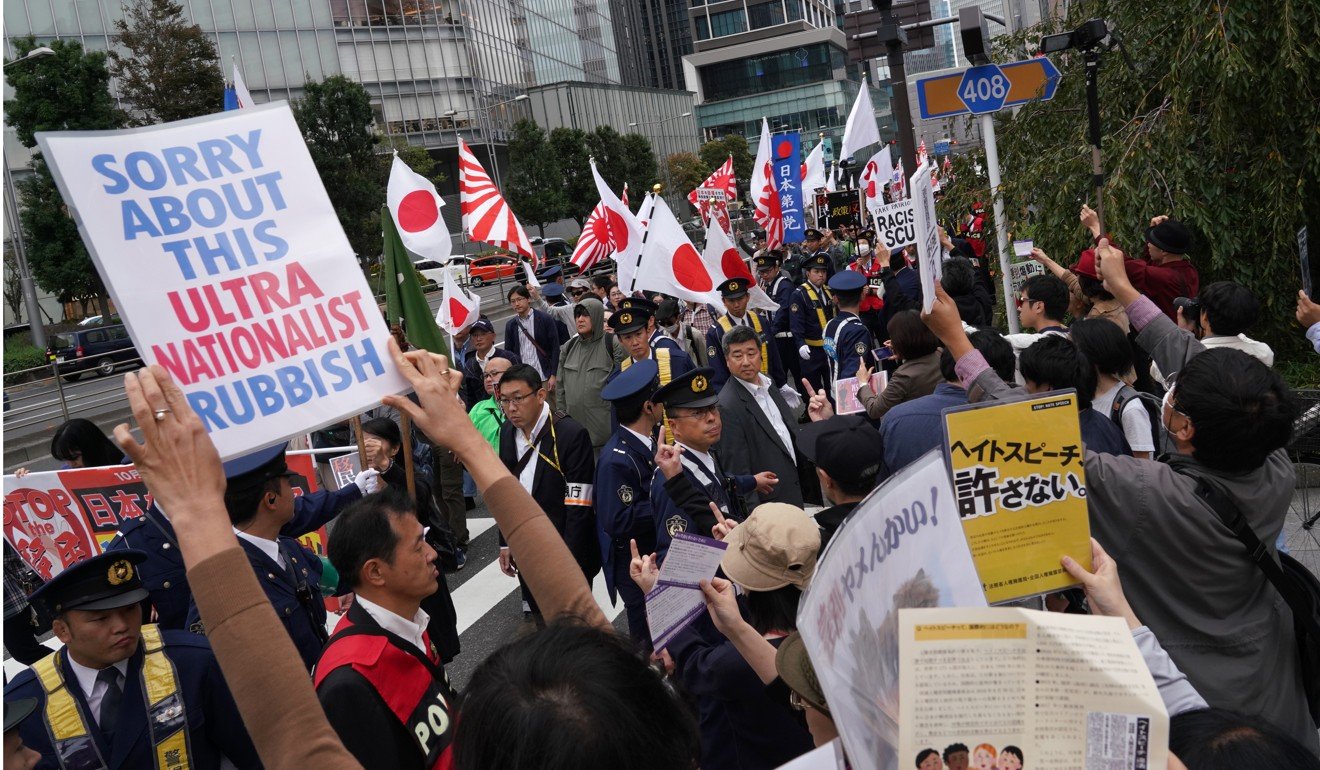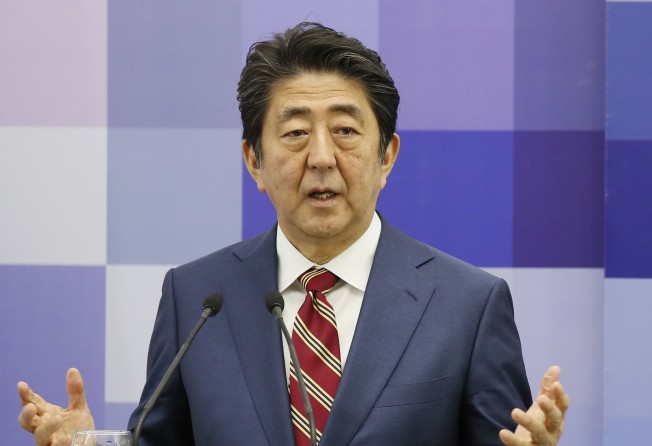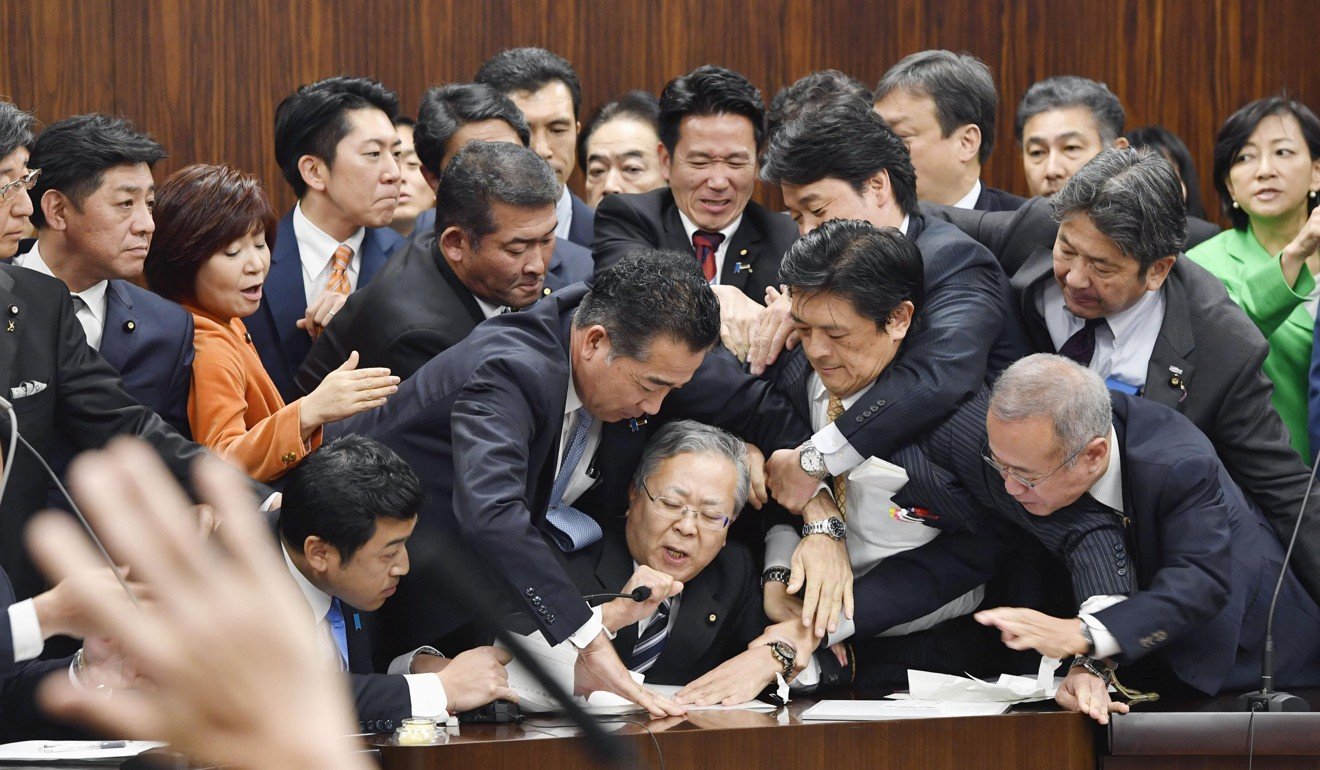
Japan enacts controversial law to accept more foreign workers
- Under the new system, as many as 345,000 foreign workers could move to Japan for jobs in construction, food services, nursing and other sectors

Japanese Prime Minister Shinzo Abe’s ruling coalition early on Saturday rammed through legislation to put more blue-collar foreign workers into the country, in a controversial move to address chronic labour shortages.
The bill was enacted after the upper house gave approval despite a raft of criticism by opposition parties following its passage through the lower house in late November. Both chambers are controlled by Abe’s ruling camp.
Under the new system, the government plans to bring in as many as 345,000 foreign workers in construction, food services, nursing and other designated sectors for five years.

“We aim at starting it in April next year because we need to swiftly launch the new system to deal with the current labour shortage,” Abe told parliament on Thursday.
But opposition parties claim the law fails to address the potential impact on Japanese society of new foreign labour and does not protect foreign workers’ rights.
In a bid to block its passage, opponents submitted censure motions against Abe and Justice Minister Takashi Yamashita, but they were rejected by the ruling bloc.
The law allows foreign nationals with skills in sectors facing particularly severe shortages to get five-year visas, which would not allow them to move their families to Japan.
Foreign workers in those fields who hold stronger qualifications and pass a more difficult Japanese language test will be able to get a visa that can be extended indefinitely and eventually lead to residency. It will also allow them to take their family.
But there have been questions about whether an influx of foreign workers will depress wages, how the workers will be incorporated into Japan’s social security system, and worries about exploitation of migrant labour.
Many of Japan’s low-skilled foreign workers are in the country under a “technical training” programme, which has repeatedly faced allegations of abuse.

“We should not create a new system hastily without reviewing the technical training programme in which problems are mounting,” opposition lawmaker Yoshifu Arita told parliament.
Businesses have long lobbied for looser immigration rules, saying they struggle to find workers in a country where unemployment hovers around 2.5 per cent.
The chronic labour shortages are only worsening as Japan’s ageing and shrinking population means a declining pool.